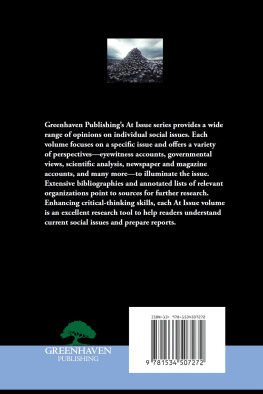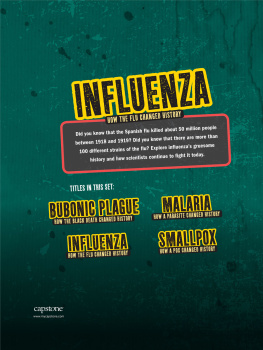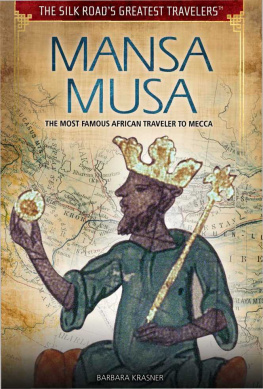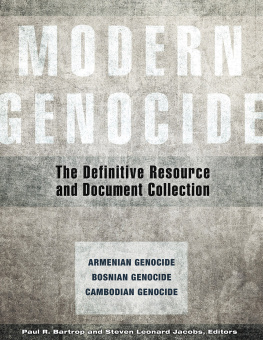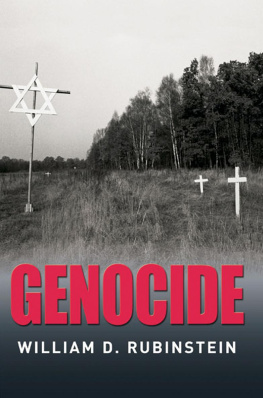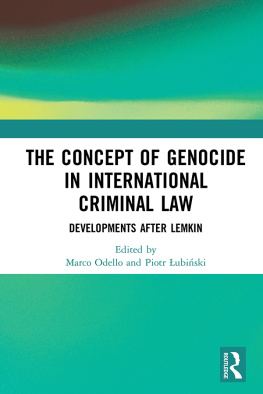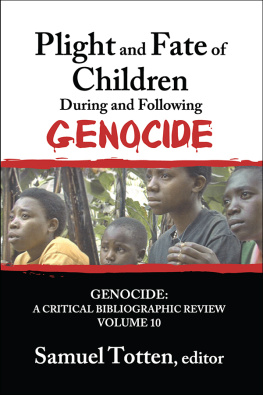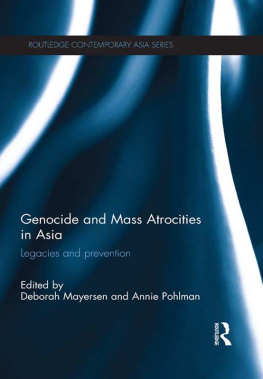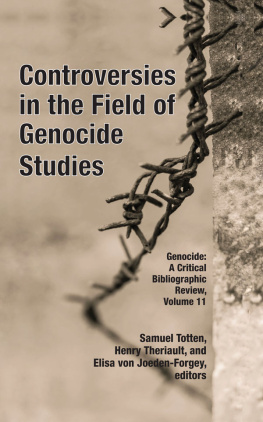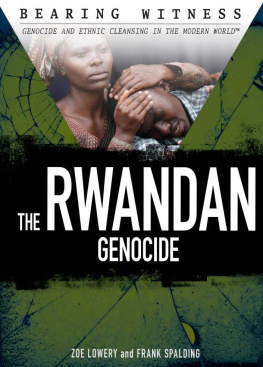

Other Books in the At Issue Series
Athlete Activism
Food Security
Mob Rule or the Wisdom of the Crowd?
Money Laundering
Nuclear Anxiety
Open Borders
Pandemics and Outbreaks
Sexual Consent
Student Debt
Universal Health Care
Vaccination
Published in 2021 by Greenhaven Publishing, LLC
353 3rd Avenue, Suite 255, New York, NY 10010
Copyright 2021 by Greenhaven Publishing, LLC
First Edition
All rights reserved. No part of this book may be reproduced in any form without permission in writing from the publisher, except by a reviewer.
Articles in Greenhaven Publishing anthologies are often edited for length to meet page requirements. In addition, original titles of these works are changed to clearly present the main thesis and to explicitly indicate the authors opinion. Every effort is made to ensure that Greenhaven Publishing accurately reflects the original intent of the authors. Every effort has been made to trace the owners of the copyrighted material.
Cover image: Pavel Chagochkin/Shutterstock.com
Library of Congress Cataloging-in-Publication Data
Names: Krasner, Barbara, editor.
Title: Genocide / Barbara Krasner.
Description: First edition. | New York: Greenhaven Publishing, 2021. | Series: At issue | Includes bibliographical references and index. | Audience: Grades 912.
Identifiers: LCCN 2020000917 | ISBN 9781534507272 (Library Binding) | ISBN 9781534507265 (Paperback)
Subjects: LCSH: Genocide | GenocideCase studies.
Classification: LCC HV6322.7 .G445 2021 | DDC 364.15/1dc23
LC record available at https://lccn.loc.gov/2020000917
Manufactured in the United States of America
Website: http://greenhavenpublishing.com
Contents
Kyle Matthews and Allan Rock
Alexander Hinton, Doga Ulas Eralp, Nolle Vahanian, and Ted Bogosian
Alec Torres
Mark L. Schneider
Mauro Barelli
Nadia Rubaii and Max Pensky
Elisa von Joeden-Forgey
Thomas White
David Tolbert
Steve Busfield
Joe Mulhall
Jason Beaubien
Nimmi Gowrinathan and Kate Cronin-Furman
Frdric Mgret
University of New Hampshire Tales
Heicke Becker
Jeff Bachman
Introduction
B eginning in 1933, Polish jurist Raphael Lemkin tried to put a name to the intentional act of killing an entire group of people. He researched history to identify instances of what he eventually called genocide, stemming from the Greek genos (group) and the Latin cide (killing). He found that genocides have been taking place since ancient times. The most studied genocide is the Holocaust (19411945), the systematic murder of six million European Jews carried out by Nazi Germany and its collaborators. Other groups were targeted for elimination as well, including Roma, Jehovahs Witnesses, gays, Afro-Germans, and the mentally and physically disabled. Anthropologist Alexander Laban Hinton labels the Holocaust as a prototype of genocide. Yet other devastating genocides have also occurredparticularly in the twentieth centuryincluding the Armenian, Cambodian, Rwandan, and Bosnian genocides, among others.
The United Nations adopted the term genocide via its Convention on the Prevention and Punishment of the Crime of Genocide in December 1948. This convention defined genocide in legal terms for the purpose of punishment through international law. Key to punishment is proving that accused perpetrators had deliberate intent to commit genocide. Lemkin discusses four targeted identity groups: national, ethnic, racial, and religious. However, some scholars argue that each of these groups is artificially constructed.
Scholars have debated the meaning of genocide since the terms inception. Each academic discipline has sought to define it according to the principles of that disciplinesociology, anthropology, political science, history, psychology, and law. Leading genocide specialists have also proposed frameworks for analyzing and understanding genocide. David Moshman, for example, suggests genocide has four overlapping phases: The process of genocide, he argues, begins with an us and a them that is, a delineation of insiders and outsiders. The outsiders become a question or a problem to be solved through social engineering or cleansing. In other words, people must be eliminated.
Media and other forms of propaganda campaign to dehumanize the outsiders and denounce them as subhuman and not worthy of life. Destruction of these subhumans then becomesin the minds of perpetratorsmorally imperative because these perpetrators have come to believe they are the actual victims. Perpetrators target certain groups and genders because their elimination prevents the continuation of that group. Genocide often occurs under the cover of war.
Some scholars contend that colonialism, imperialism, and the rise of nation-states gave rise to genocide. Examples from the nineteenth-century scramble for Africa exemplify this. For instance, Germany established colonies in German South West Africa (18841915, which became Namibia after its independence). It created processes for incarcerating the indigenous Herero people and ultimately killing them in the name of white European supremacy. In Rwanda, the Hutus and the Tutsis shared a nationality, ethnicity, race, and religion. What they did not share was power and privilege. The conflict between them stemmed from colonialism, when the Germans and Belgians preferred one group over the other. Germany governed Rwandathen known as German East Africafrom 1885 to 1919, and Belgium took over control from 1916 to 1945, creating a long legacy of colonialism and ethnic division.
Genocide doesnt occur overnight. There is typically a long brewing period. For instance, prior to the Armenian genocide of 1915, there had been previous attempts in the 1890s by the Turks to eliminate the Armenians. The Turks believed the Armenians stood in the way of their nationalistic rise. In Rwanda, although the genocide occurred in the spring of 1994, its roots took shape in 1959 when a Hutu uprising catalyzed Tutsis to flee the country to save their lives. Destruction may take years or days. In Rwanda, the attacks on the Tutsi lasted merely one hundred days. During the Holocaust, killings took place across several years, between 1939 and 1945.
Many scholars have examined the nature of perpetrators. Holocaust specialists Christopher Browning and Daniel Goldhagen both studied Police Battalion 101a Nazi police force that operated under the SSand came to different conclusions. Browning argues that members of the battalion were just ordinary men, driven by social pressure to kill. Goldhagen, on the other hand, maintains that these men wanted to kill. By this she meant that Eichmann presented himself as an ordinary person with little special about him. She argued that ordinary people could become capable of extreme acts of violence, as demonstrated by Eichmann. Arendts portrait clashed with the idea that genocidal killers were monsters, and her observations became and remain highly controversial.
Denying acts of genocide has also made headline news and created controversy. A key example of denial is the now-infamous libel case of Holocaust denier David Irving against American scholar Deborah Lipstadt, author of the 1994 book Denying the Holocaust: The Growing Assault on Truth and Memory,
Next page
